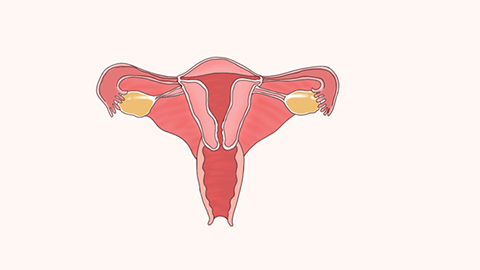What are the implications of not having a uterus?
Generally, the absence of a uterus as a physiological structure mainly affects women in the following ways: loss of fertility, cessation of menstruation, changes in pelvic floor structure, psychological effects, and possible impact on sexual life. A detailed analysis is as follows:

1. Loss of fertility: The uterus is the organ where fetal development occurs. Without a uterus, women can no longer become pregnant or give birth, which is the most direct and irreversible effect. For women who plan to have children, this impact completely alters their reproductive possibilities and requires advance psychological and lifestyle planning.
2. Cessation of menstruation: Menstruation results from the periodic shedding of the uterine lining. Without a uterus, menstruation permanently stops. This cessation is not a natural menopausal process but rather an abrupt halt to menstrual periods, and the body may require time to adapt to this physiological change.
3. Changes in pelvic floor structure: The uterus provides certain support to the pelvic floor. Without it, the supporting strength of the pelvic floor weakens, possibly leading to pelvic tissue laxity and increasing the risk of anterior or posterior vaginal wall prolapse, or prolapse of the bladder or rectum. This can result in symptoms such as a sensation of downward pressure, abnormal urination, or defecation.
4. Psychological effects: Some women may experience psychological stress after losing their uterus, manifesting as anxiety, depression, or reduced self-identity. Particularly for younger women, the absence of a uterus may make them feel they have lost a part of their female characteristics, which can affect their mental health.
5. Possible impact on sexual life: Some women may experience discomfort during sexual intercourse after losing their uterus, such as vaginal dryness or pain, possibly due to slight changes in vaginal length or psychological factors. However, some women are unaffected and may even experience no change in sexual quality, or even improvement, as they no longer worry about pregnancy. Individual differences are significant.
In daily life, if facing this situation, one can actively cope with the potential effects by acquiring relevant physiological knowledge, adjusting one's mindset, and consistently performing pelvic floor muscle exercises, thereby maintaining physical and mental health and quality of life.




